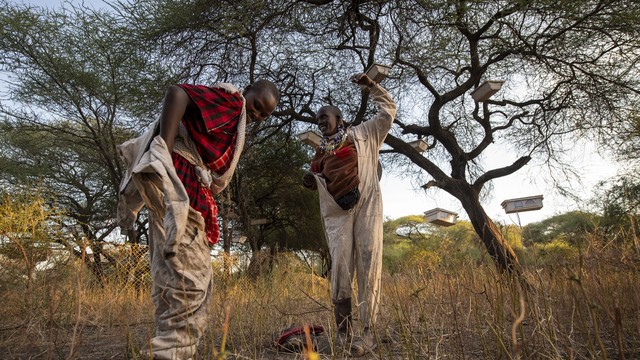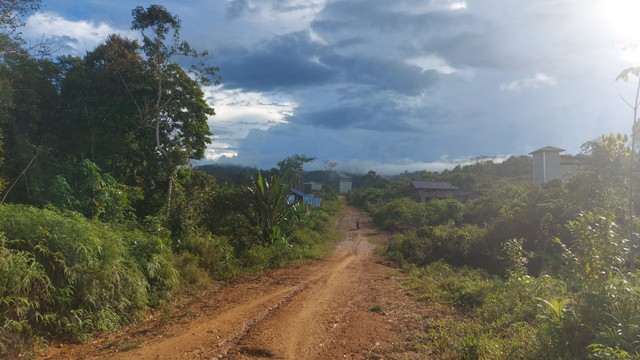How to support small-scale farmers in negotiations with agribusiness
This webinar on 16 April 2018 discussed how small-scale farmers can be supported when negotiating with companies.

A new initiative led by IIED is generating lessons on how rural producers, their associations and their wider communities can best be empowered to articulate their development priorities, make informed choices, and negotiate effectively for equitable partnerships with progressive private sector actors in commercial agriculture.
This webinar, part of the 'Empowering Producers in Commercial Agriculture (EPIC) project, shared and debated experiences of supporting small-scale farmers in the Philippines and Zimbabwe in their negotiations with companies.
This was the first in a series of events organised under EPIC, which is funded by UK aid from the UK government through its Commercial Agriculture for Smallholders and Agribusiness (CASA) programme. CASA seeks to increase economic opportunities for smallholders by demonstrating the commercial viability of businesses with significant smallholder supply chains and by attracting more investment into the sector.
This online seminar was designed for civil society organisations in low- and middle-income countries that want to support communities whose livelihoods are affected by natural resource projects.
The webinar was convened by IIED and is part of IIED's work on 'Legal tools for citizen empowerment', a collaborative initiative that aims to help local communities protect their rights in relation to natural resource investments.
Outline programme
- IIED senior researcher Emily Polack introduced the webinar
- Koronado Apuzen discussed the experience of Mindanao-based FARMCOOP in providing legal support to cooperatives of family farmers in the Philippines during negotiations with agribusinesses about collective contract farming agreements, and
- Hopewell Zheke introduced Practical Action's approach to supporting farmers in negotiations with buyers, input suppliers and lenders in Zimbabwe, including building organisations for collective action, and helping farmers understand and negotiate contracts. Practical Action's work is in part funded by UK Aid through the 'Livelihoods and Food Security Programme'.
IIED associate Thierry Berger then moderated a facilitated discussion with webinar participants. This was expected to look at questions of interest to practitioners working on similar issues in different contexts such as:
- What were the most effective tools and approaches, and why?
- What conditions need to be in place for the approaches to work?
- What challenges are likely to arise, and how can they be addressed?, and
- Top tips for adapting the approaches to other contexts.
Koronado Apuzen is executive director of the Foundation for Agrarian Reform Cooperatives in Mindanao (FARMCOOP). Based in Mindanao, the Philippines, FARMCOOP is a grassroots not-for-profit organisation providing services to farmers' cooperatives. It was founded in 1995 by leaders of agrarian reform cooperatives and development-oriented individuals. It was set up to respond to the government's call for NGOs to assist in implementing agrarian reforms designed to emancipate farm workers from poverty and improve their quality of life.
Hopewell Zheke is systems thinking advisor at Practical Action, based in Zimbabwe, and has been implementing development projects in Southern Africa for the last 16 years. Hopewell is also a member of the senior management team for Practical Action Southern Africa, involved in providing strategic leadership in programme development and growth, team building, donor relations and partnership management. Practical Action is a global innovator, inspiring people to discover and adopt ingenious, practical ways to free themselves from poverty and disadvantage.
Contact
For more information about IIED's legal tools work, email legaltools@iied.org.



